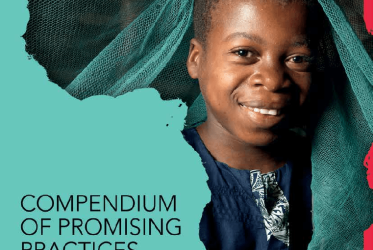As the Jamaican Council of Churches expressed a desire to reengage with civil society networks, participants explored possibilities for joint work in the future.
Articulating the need for a people-centred approach, those present acknowledged a broken relationship between the faith sector and the networks of people living with HIV and affected communities. Faith leaders decided to read an apology and committed to correct past actions that created this separation.
“Stigma remains a huge problem in Jamaica, particularly for gay men, transgender women, and sex workers,” explained Gracia Ross, WCC programme executive for Ecumenical HIV and AIDS Initiatives and Advocacy. “The law and regulatory framework make it difficult for actors to overcome these situations.”
Regulations intended to prevent human trafficking often end up being used against women doing sex work and the people the women are caring for.
“Faith leaders said the response sometimes varies depending on the mode of transition of HIV, meaning if there is a woman or a child, the support is there, but if there is a gay man, the support is not there or is less visible,” said Ross.
Another challenge in Jamaica is that the advocacy community has often failed to reach out to churches, and has not provided clear guidance on how to engage in the current stage of the HIV epidemic.
“Simply put, we need to know who is doing what and where,” said Ross. “I see a deep desire for reconciliation, collaboration, and education.”
But more collaboration is needed with other professionals and multi-sectoral experts, urged Ross. “We need to revisit biblical interpretations, and we need to engage in social media that young people use on special days such as World AIDS Day.”
The meeting in Jamaica was part of a WCC project with local partners in four countries—India, Dominican Republic, Indonesia, and Jamaica—to bring back HIV and AIDS response to the national agendas, this time with a focus on sustainability.
Through a grant from UNAIDS, the WCC Ecumenical HIV and AIDS Initiatives and Advocacy programme, as well as the WCC Ecumenical Advocacy Alliance, hosted meetings in which people with HIV, key affected populations, faith organizations, and churches will plan together with UNAIDS local offices, national HIV programs, and ministries of health.







